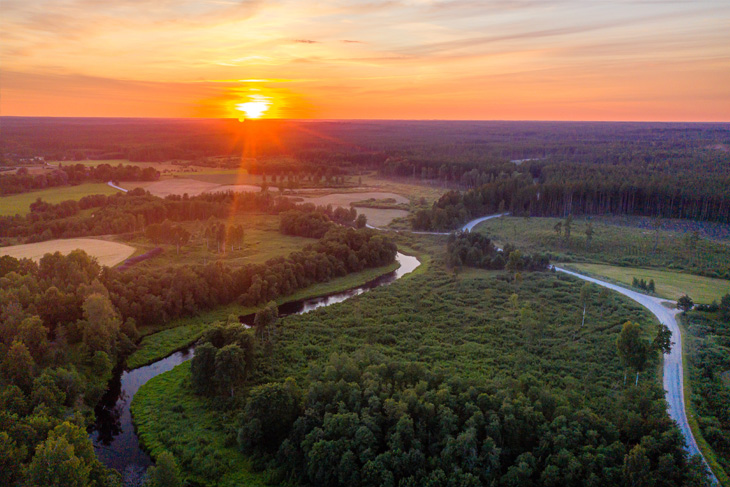
Human activities re-shaped the globe and its nature, introducing changes, which fires back both health of the planet and, in consequence, human health and well-being. By irrational and limitless conversion of land into production system (either through agriculture or any other sector – industry, housing, etc.) and ignoring the synergic impact of variety human actions over decades, we finally cross planetary boundaries – thresholds securing our existence.
The key to keeping thresholds far enough is good state of global ecosystems, as indicated by biodiversity. Biodiversity acts as our life insurance, sustaining critical functions of nature we depend upon: pollination, soil formation, pollution removal, O2 production, and many more. Those functions of nature, known as ecosystem services, strongly depend on resource management. The more intensively we use them, which is often accompanied by land encroachment and conversion, the fewer benefits nature can provide, although we can often, in the short term, increase the supply of selected benefits (e.g. we increase production per ha at the expense of soil fertility and vitality, preservation of wetlands or good water quality).
Our survival relays on ability to restore and protect ecosystems at the scale which secures lower, but stable and long term, production of goods and services from nature. This requires mapping and assessment of ecosystem services and defining hot-spots for policy and stewardship.
Respect to ecosystem services enables multipurpose use of land and fair share of the planet between humans and non-humans, the only way to achieve both planetary and human health

